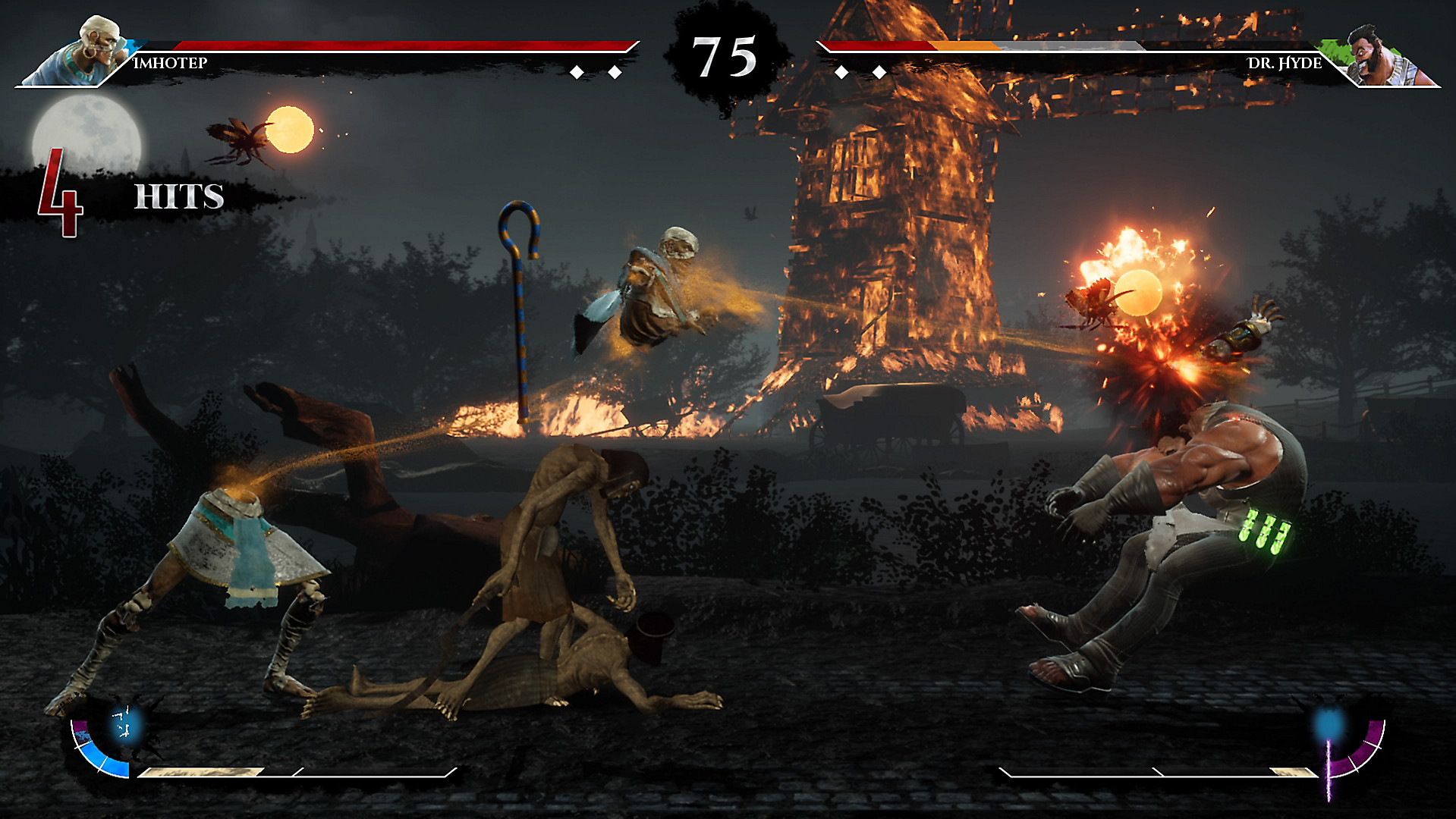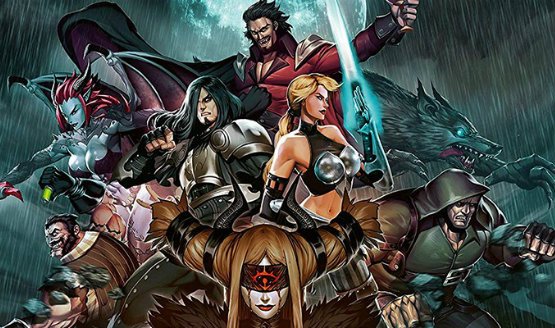2018 has been a big, crowded year for fighting games. Not only are the big boys trucking on, some into their second or third year of ongoing content, but several smaller fighters have also emerged onto the scene. Most, if not all of them have been Japanese in origin, which, to be fair, makes sense. But now, with Omen of Sorrow, Chilean developer AOne Games is throwing down the gauntlet with a small-scale, but competitively-minded fighter that despite its lower level of polish and fidelity is a full-featured fighter with a fun setting, distinct roster, and intriguing mechanics.
The Classics, and Then Some
Omen of Sorrow largely comprises characters of European myth and classic literature, or approximations thereof. You have Vladislav III, also known as Vlad the Impaler (also known as, you know, Dracula), Quasimodo, Dr. Hyde, Adam (Frankenstein’s Monster), so on and so forth. There are even a couple of super-powered monster hunters, giving the game an almost Castlevania: Lords of Shadow sort of vibe. It has that similar blend of South American/European inspiration in its aesthetic, which is compelling in its own right. I’m here for it, basically.
These characters are throwing down in a 2.5D fighter that is reminiscent of Street Fighter and Mortal Kombat, if one were to toss both in a blender and suck the money out with a straw. It has similar controls and input commands to the former, but the speed and stiffness of the latter. Combined with a few unique ticks of its own, and Omen of Sorrow manages to stand out a bit more than you may think upon initially booting it up.
Cancelmania
When I play a new fighting game, I try my best to figure out what its Thing is. Sometimes that’s easier said than done, especially when you’re dealing with a game fresh out of the oven. With Omen of Sorrow, the climax of battle appears to be built around canceling. Let’s take a moment and go to school.
In fighting games, there are two dominant concepts for bridging one move into another: canceling and linking. With linking, you have to wait until one move completely plays out, then do the second move with near-perfect timing accuracy. This allows you to get extra hits before your opponent can block. Canceling is a much faster process, in which you can interrupt one move with other, creating a combo. Fighting game pros will be able to use both of these techniques to expand their pool of available options and adapt to more situations more efficiently.
In Omen of Sorrow, there’s a system called Fortune/Fate. It’s a little gauge that judges you for how aggressively you play. If you go on the attack, you earn Fortune. Defensive play earns Fate. Fate is bad, and if you get knocked down with too much Fate built up you’ll go into the Doomed state, which literally takes moves away until you recover. A maxed Fortune gauge will activate the Blessed state, which is where you want to be.
Being Blessed allows you to Bold Cancel indefinitely as long as it lasts. A Bold Cancel, which normally eats Fortune, allows your moveset to cancel in ways that are outside the scope of normal play. Blessed also allows normals (non-special button presses, punches/kicks) to all chain together. That’s a lot to keep track of, but essentially, playing aggressively will get you to a state in which you can pretty much do whatever you want for a limited time.
Ultimately, Omen of Sorrow is about managing risks. You want to play aggressively, but then you risk being blown up. You want to be careful, but then you risk being Doomed, which can be devastating. But if your gambles pay off, you break the ceiling on canceling and can more or less make up combos on the fly. It’s rewarding for sure, but the fact that you can still mess around with things like Bold Cancel earlier in the fight makes the overall mechanics feel fresh and robust.
What Else?
Beyond the core fighting, the other important aspect of a fighting game is the content volume. This can make or break a game, especially in such a crowded space as 2018. Obviously not having enough to do can be a total dealbreaker, while going overboard with gimmicks can be overwhelming and scare casual players away. For a lower-budget game from a smaller studio, Omen of Sorrow feels like it hits the mark. It has what you’d expect, in survival and arcade modes, and of course the online suite is no frills, offering ranked or quick play.
Omen of Sorrow also has a story mode, built similarly of course to the style originally introduced by the Mortal Kombat reboot. I usually dislike these, but somehow it feels more necessary here, in order to properly introduce these characters, the tone and vibe of this world, and provide an excuse to try out various characters. It helps that it’s divided into multiple stories that hyper focus on small groups, and that each one is nice and breezy. Story mode feels more like a fun side attraction, than a “hey this is why you’re here, right” sort of deal.
Survival mode has multiple tiers, and arcade mode just has a really cool presentation that lines up with Omen of Sorrow‘s gothic horror vibe perfectly. And the best part is, since Omen of Sorrow wants to be a game you want to take online, playing every mode and advancing in the game rewards you. There’s a gallery, and better yet, a substantive list of titles and icons you can unlock for your profile. These are things you can find elsewhere, but here there’s more of it, and the constant drip-feed of unlockables you get for tinkering around feels good and motivating.
I found myself pleasantly surprised by Omen of Sorrow. I had no idea what to expect going in, and came out of it with plans to come back later and see how people, and particularly the FGC, end up responding to it. It’s a little rough around the edges in terms of polish and fidelity, but as a fighting game, it’s charmingly ambitious. Generally speaking, it has a cool vibe with neat interpretations of classic characters from dark storytelling’s past. Its core mechanics and more theatrical gimmicks feel thoughtful and unique, which gives Omen of Sorrow an edge over other recent, small fighters such as Blade Strangers or Koihime Enbu. There’s a good sense of content volume, even if a lot of the game is efficient use of familiar territory. Omen of Sorrow is a solid game fueled by hardcore knowledge, a cool roster, and fascinating mechanics. I’m looking forward to seeing what’s in store for its future.
Omen of Sorrow review code provided by publisher. Version 1.03 reviewed on a standard PS4. For more information on scoring please see our Review Policy here.
-
Cool setting and characters
-
Intriguing mechanics based on aggression and dynamic combo potential
-
Tons of unlockables
-
The roster is cool, but small
-
Not the most visually impressive game
-
VO is a bit lackadaisical
Omen of Sorrow Review November 2018
-
Omen of Sorrow Review November 2018 #1
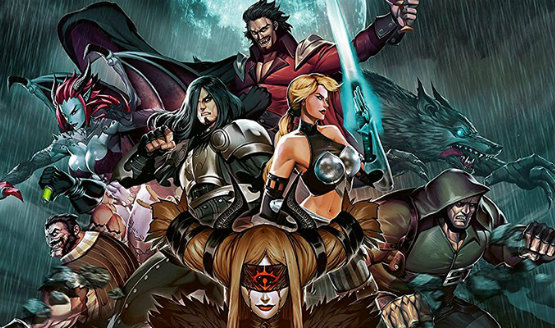
-
Omen of Sorrow Review November 2018 #2
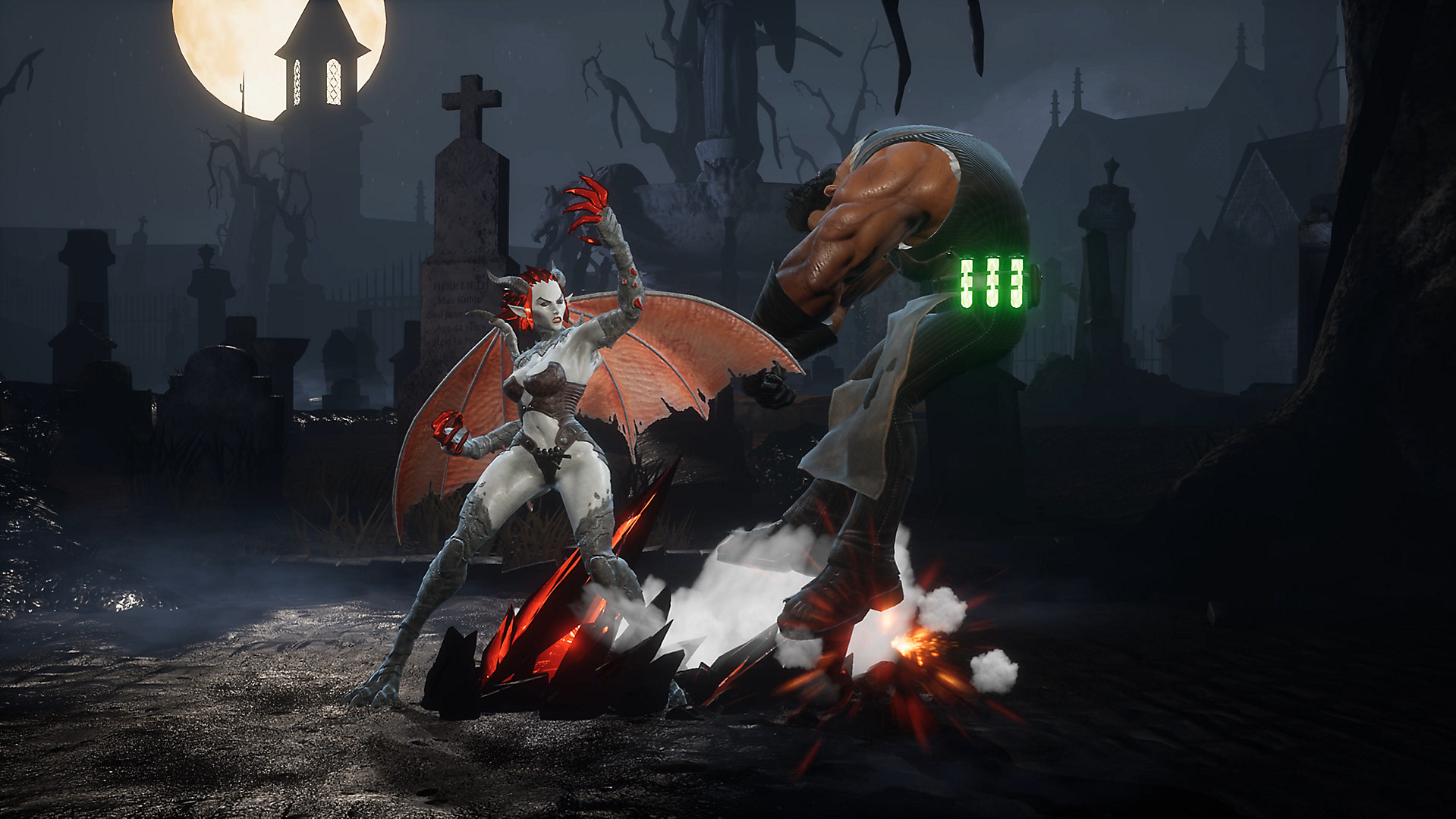
-
Omen of Sorrow Review November 2018 #3
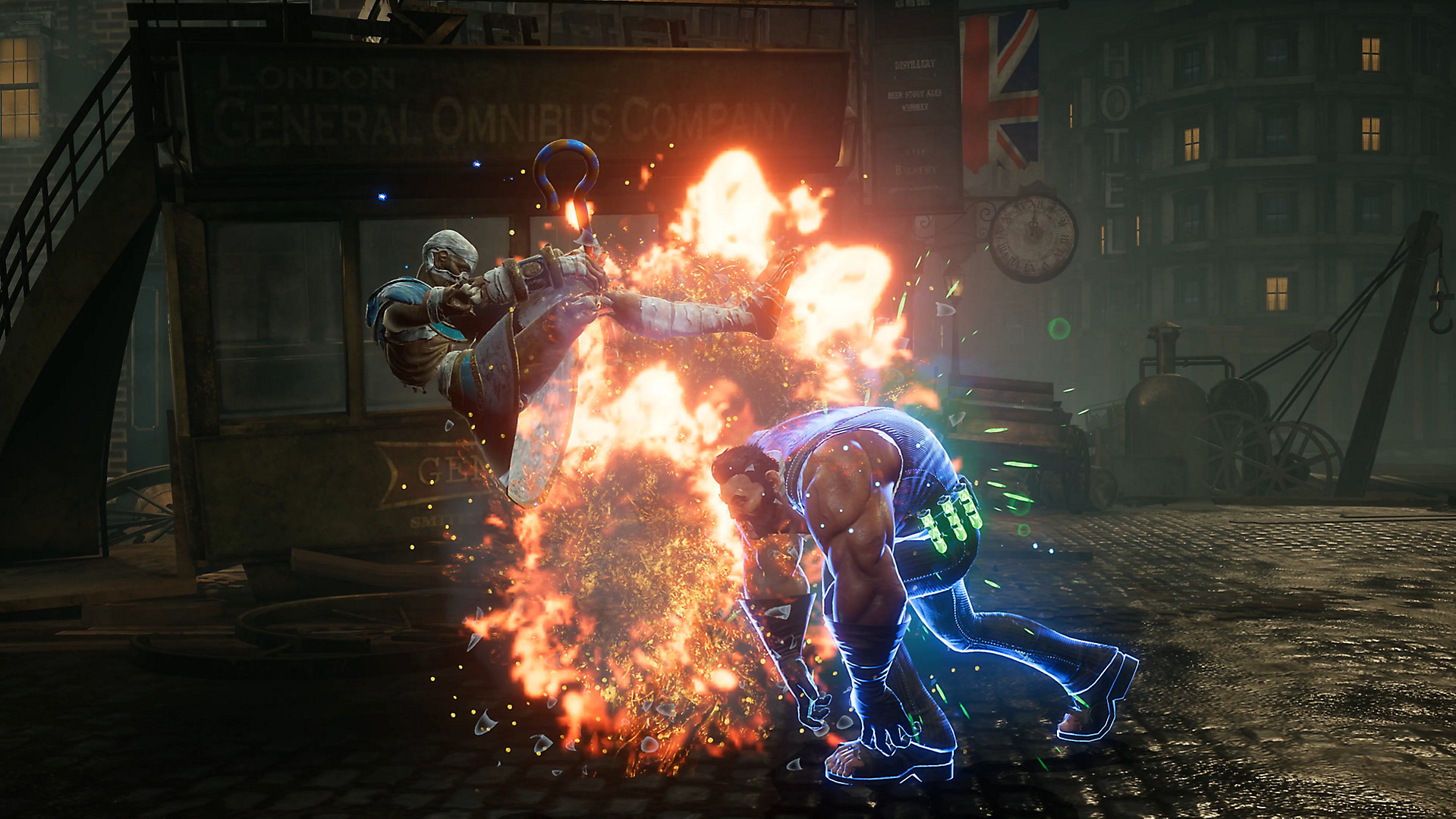
-
Omen of Sorrow Review November 2018 #4
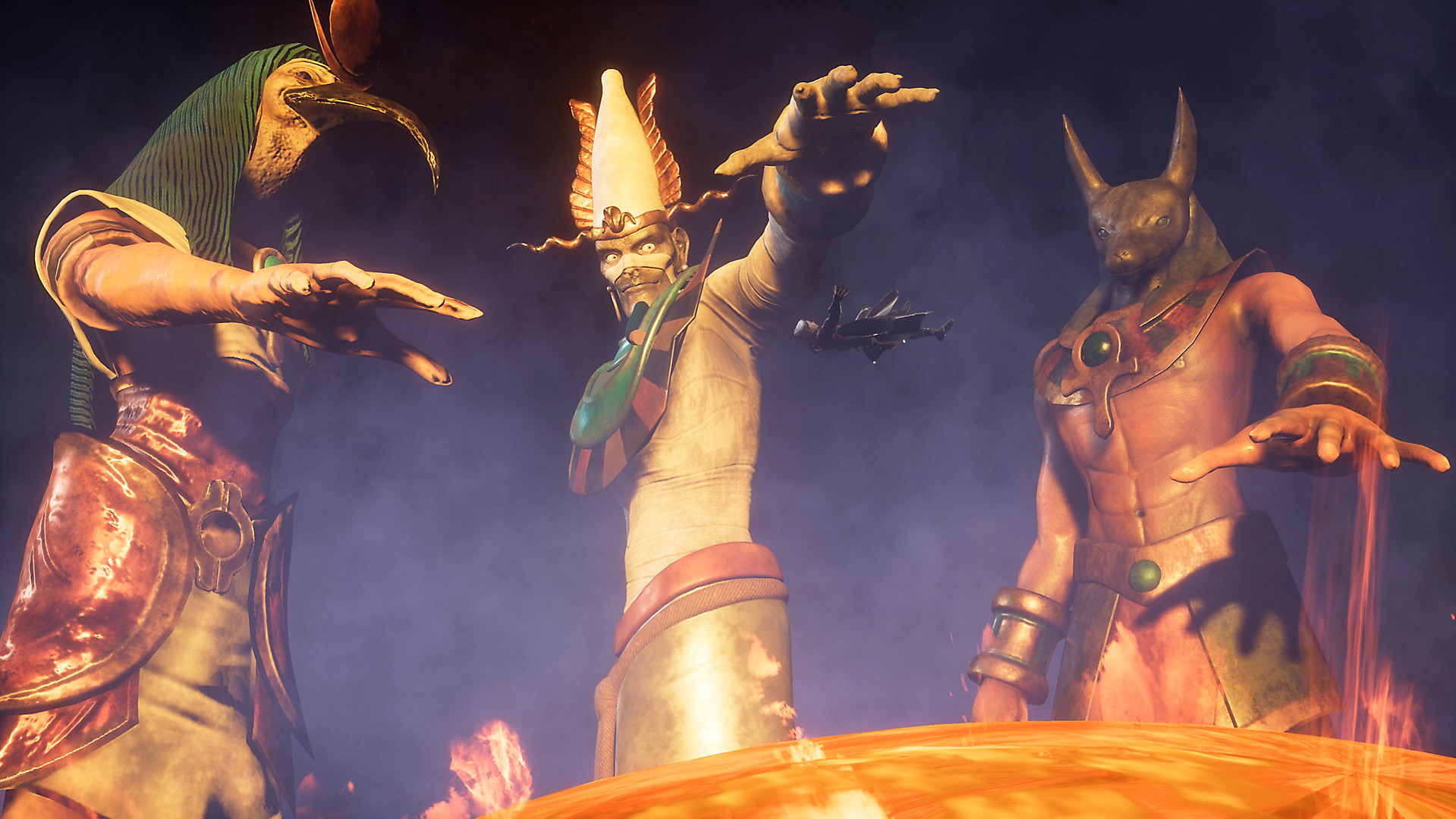
-
Omen of Sorrow Review November 2018 #5
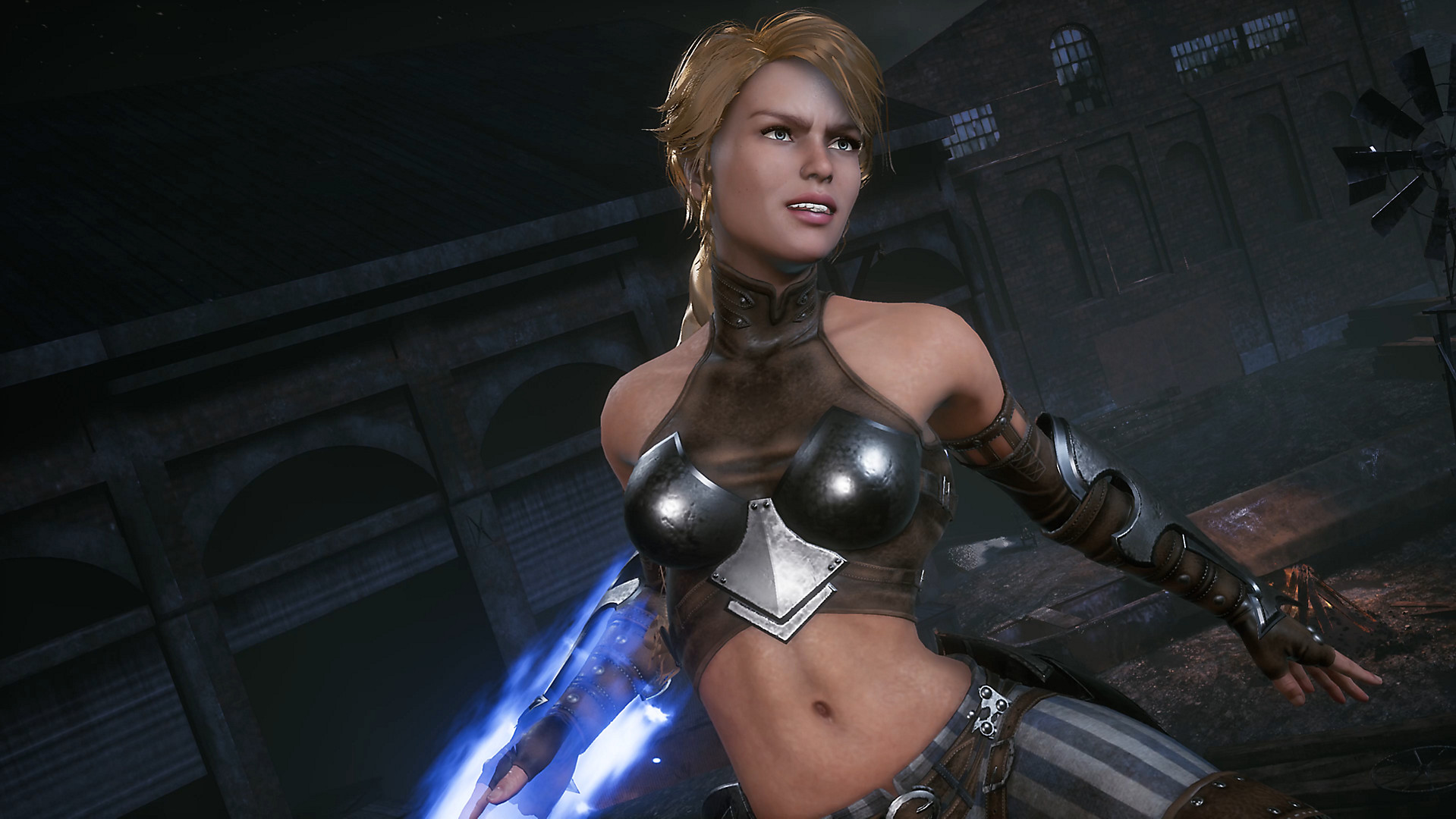
-
Omen of Sorrow Review November 2018 #6
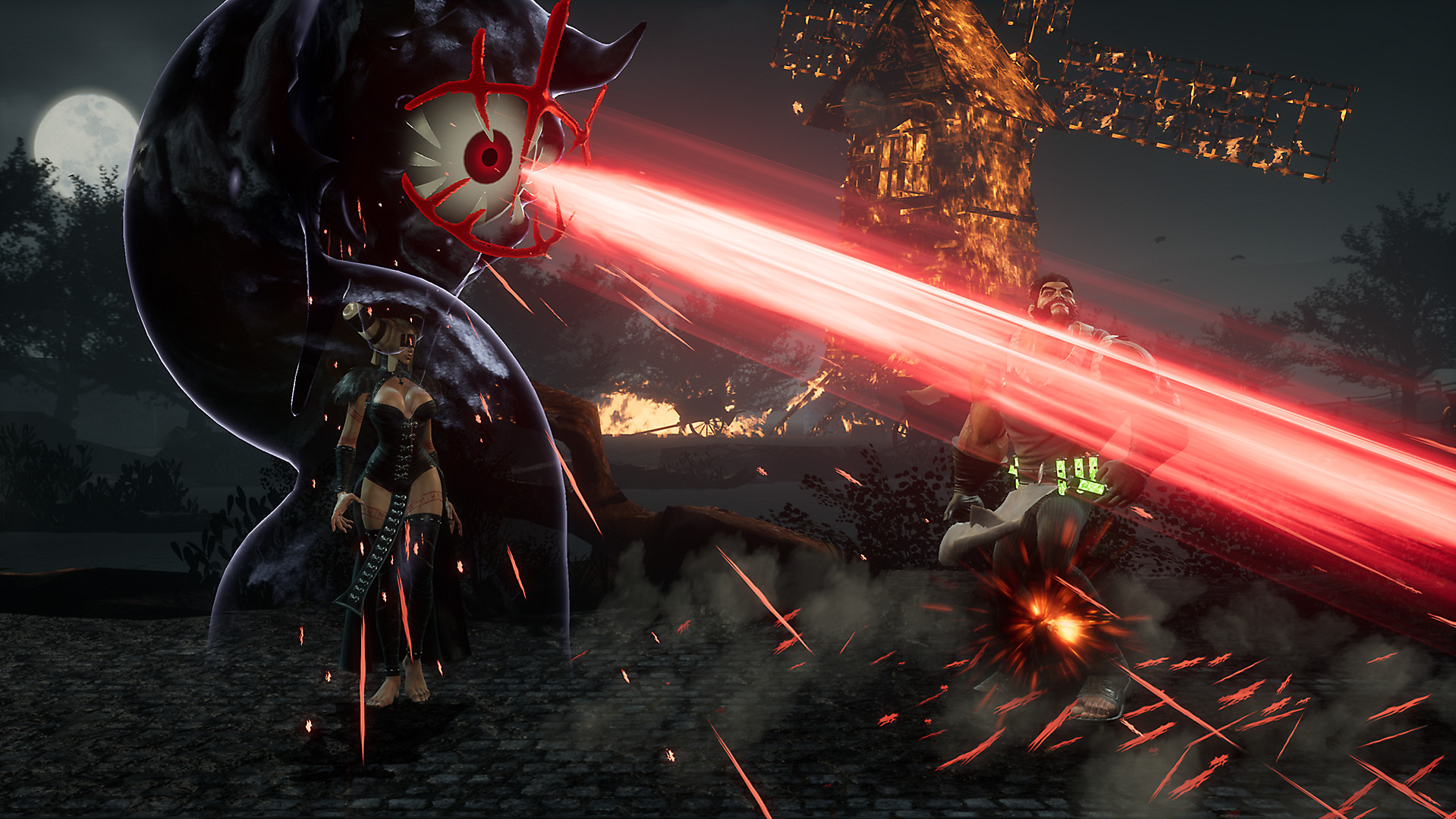
-
Omen of Sorrow Review November 2018 #7
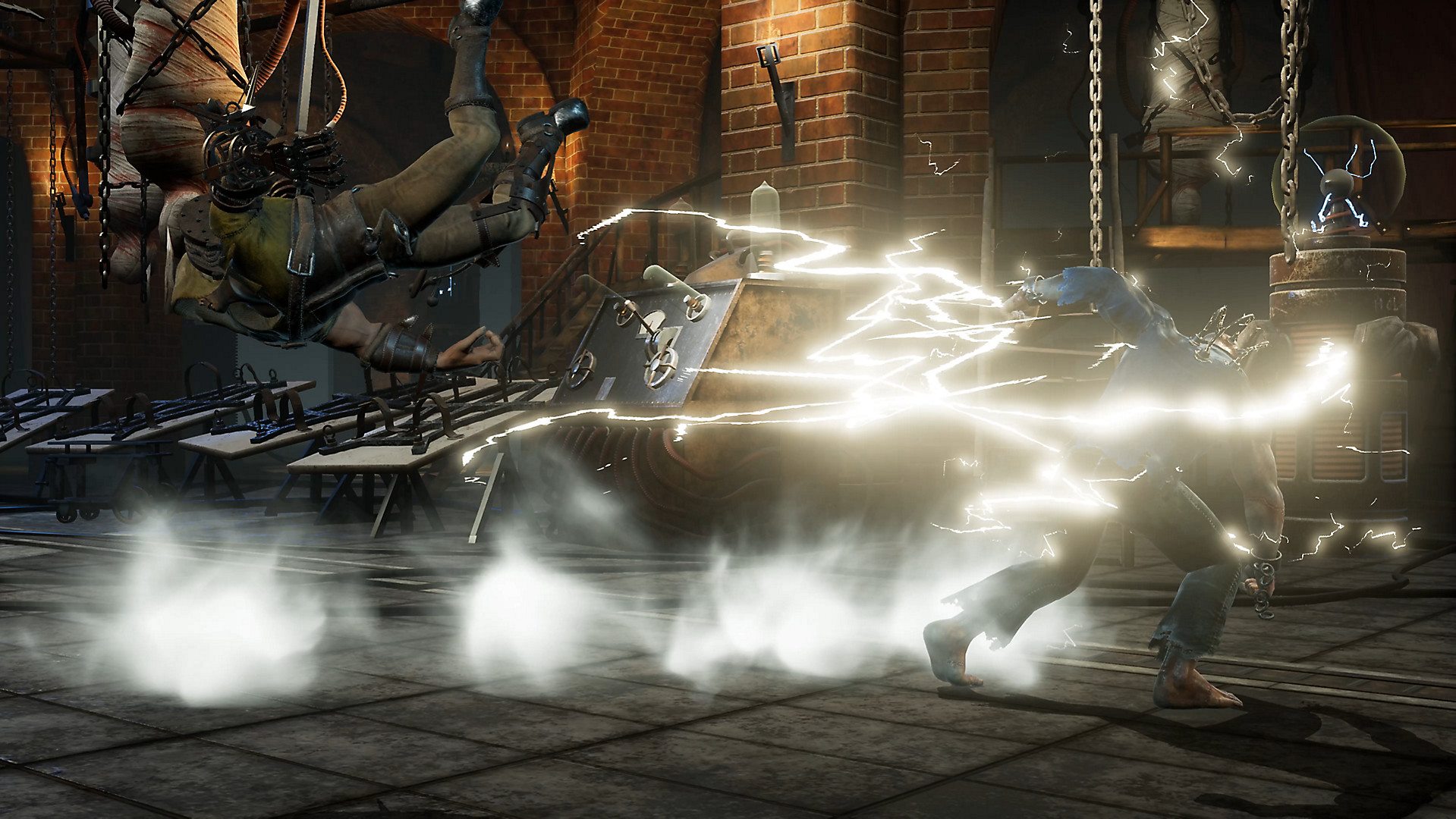
-
Omen of Sorrow Review November 2018 #8
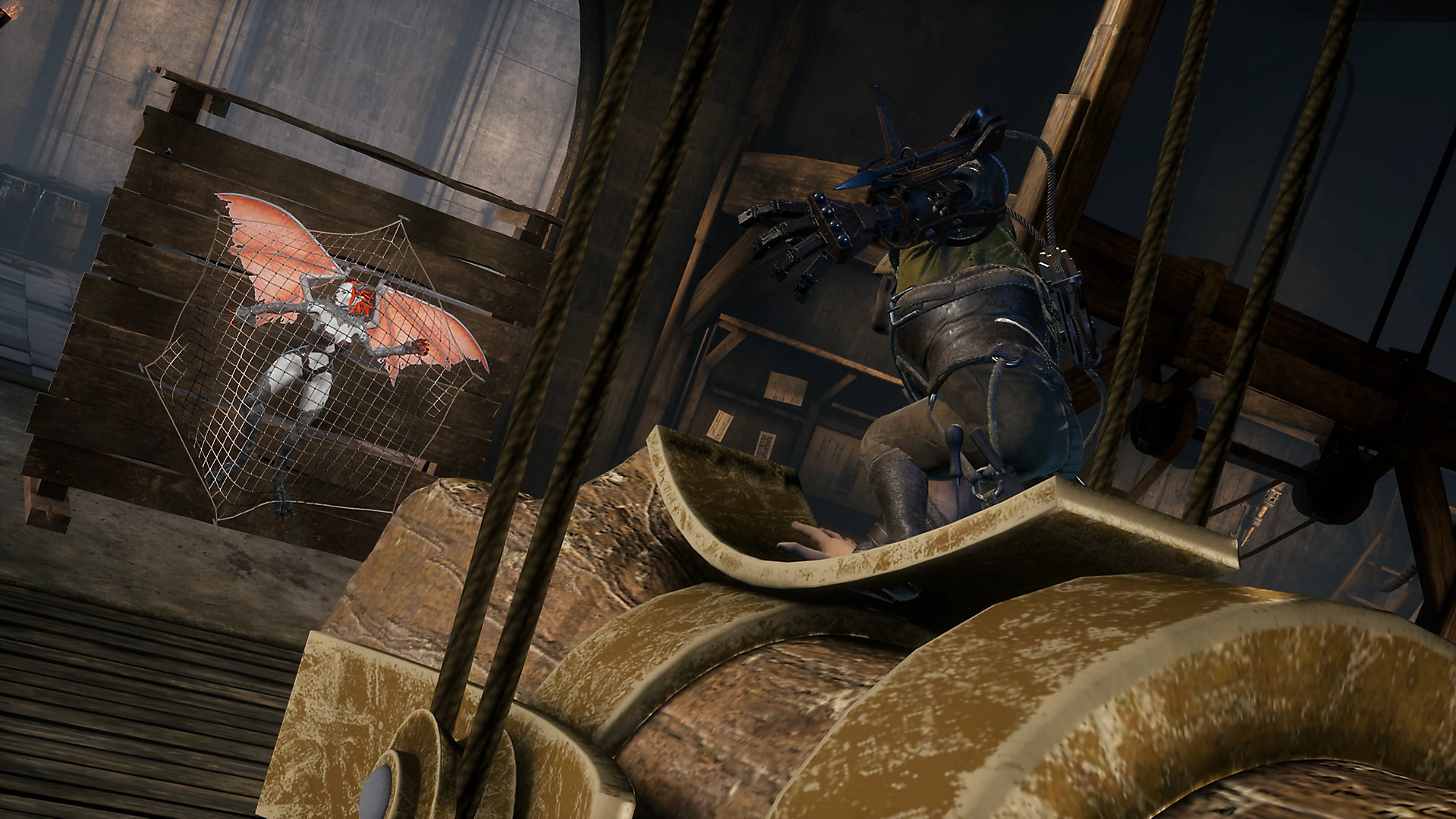
-
Omen of Sorrow Review November 2018 #9
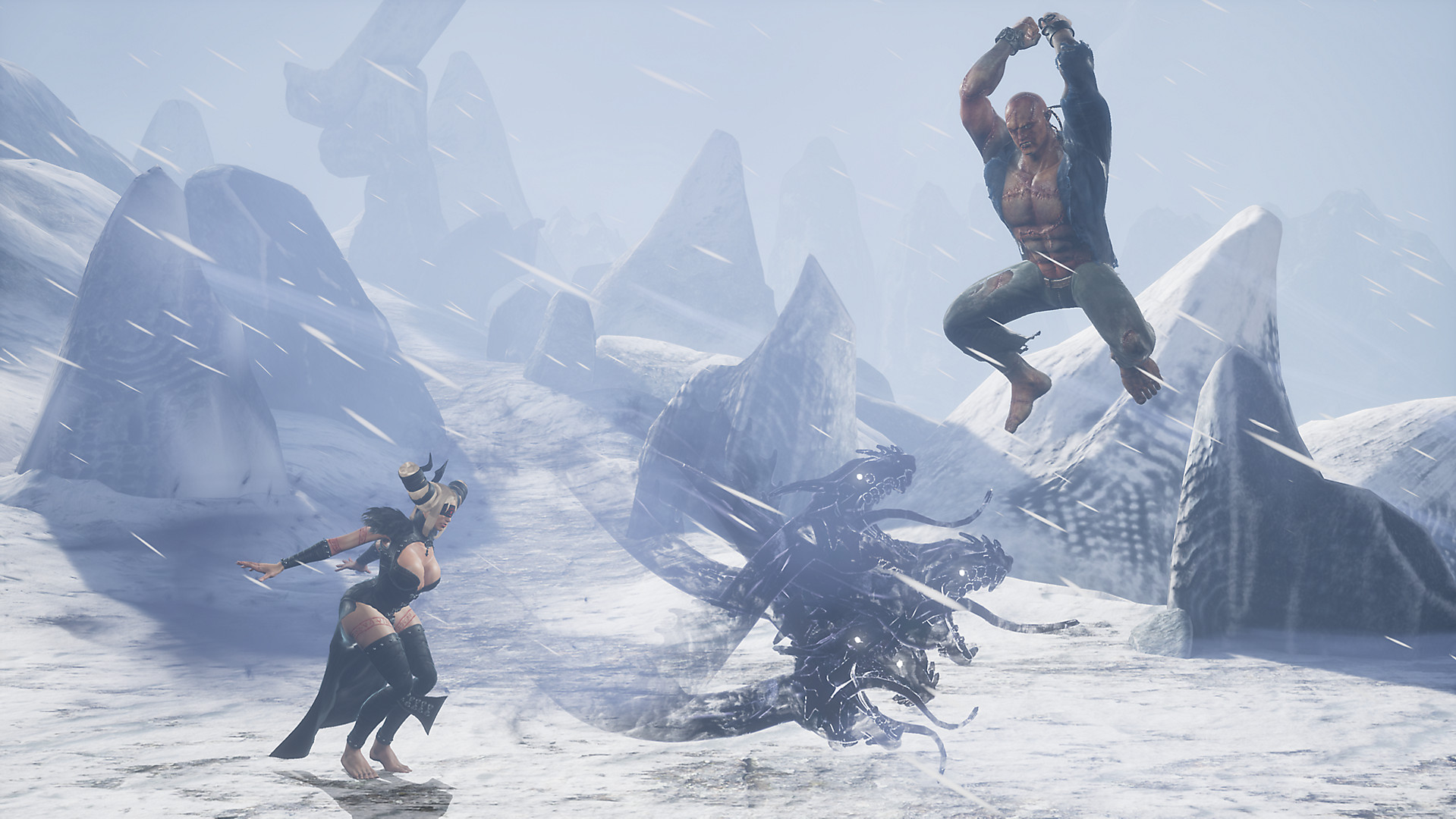
-
Omen of Sorrow Review November 2018 #10
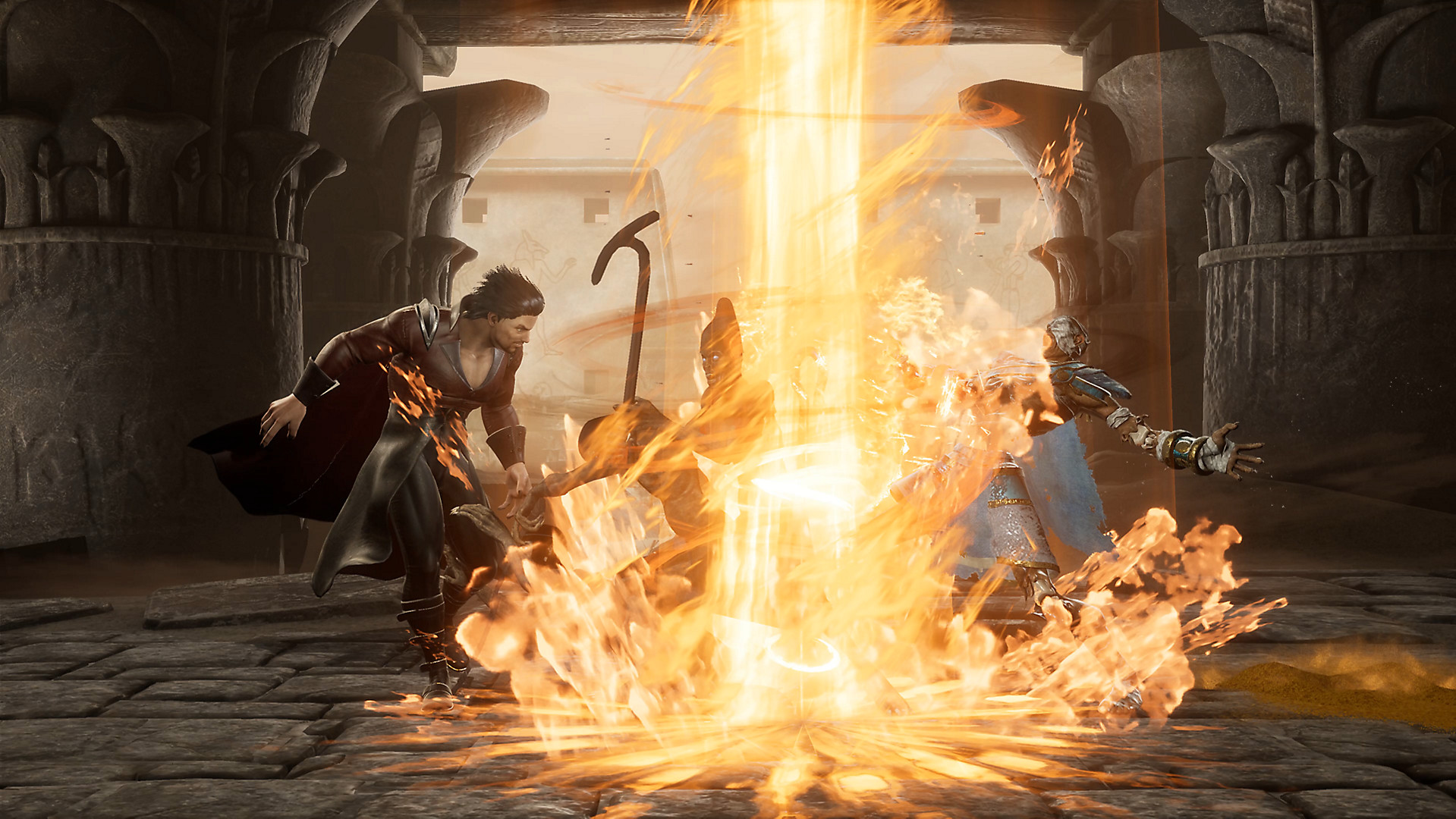
-
Omen of Sorrow Review November 2018 #11
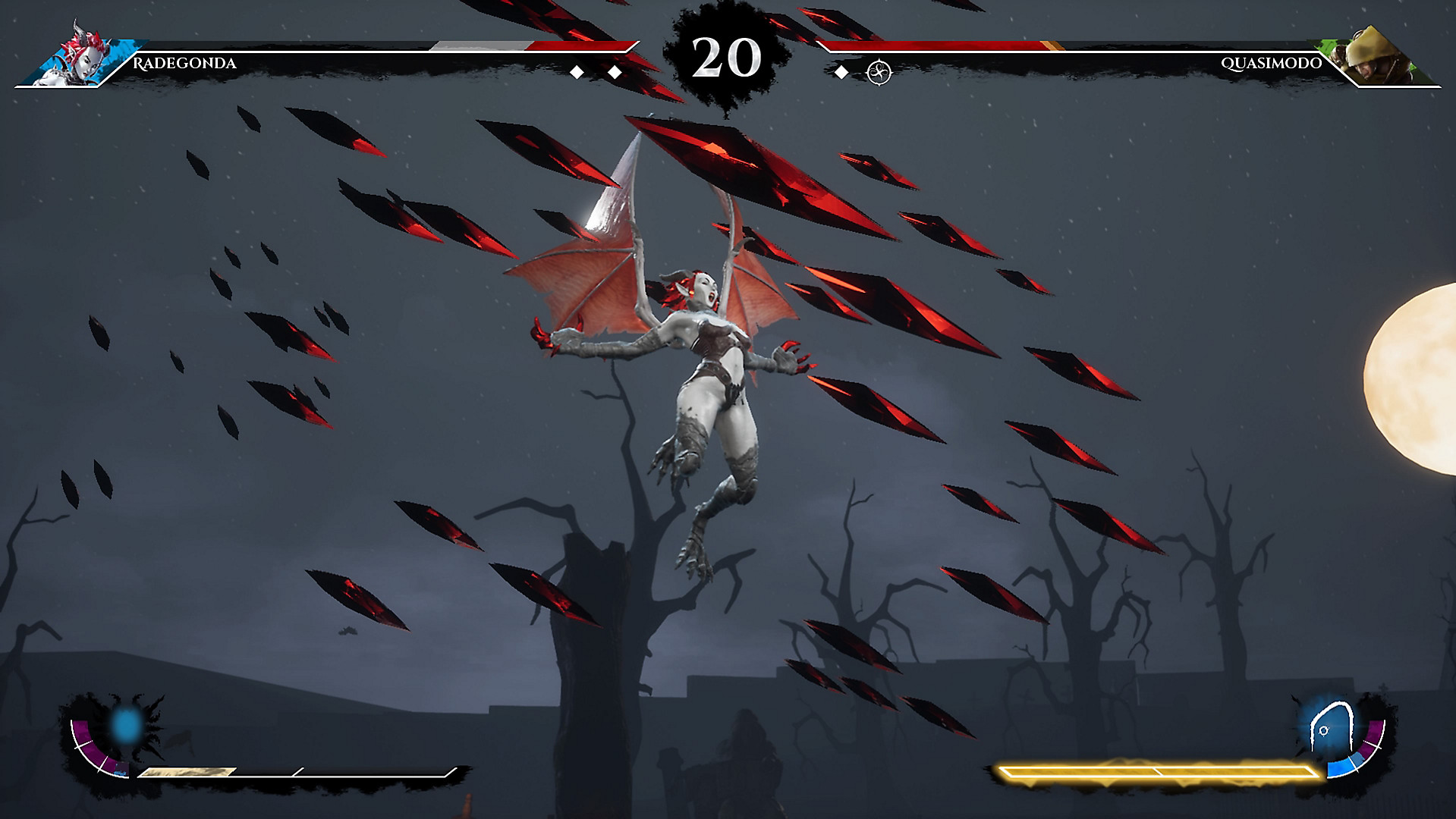
-
Omen of Sorrow Review November 2018 #12
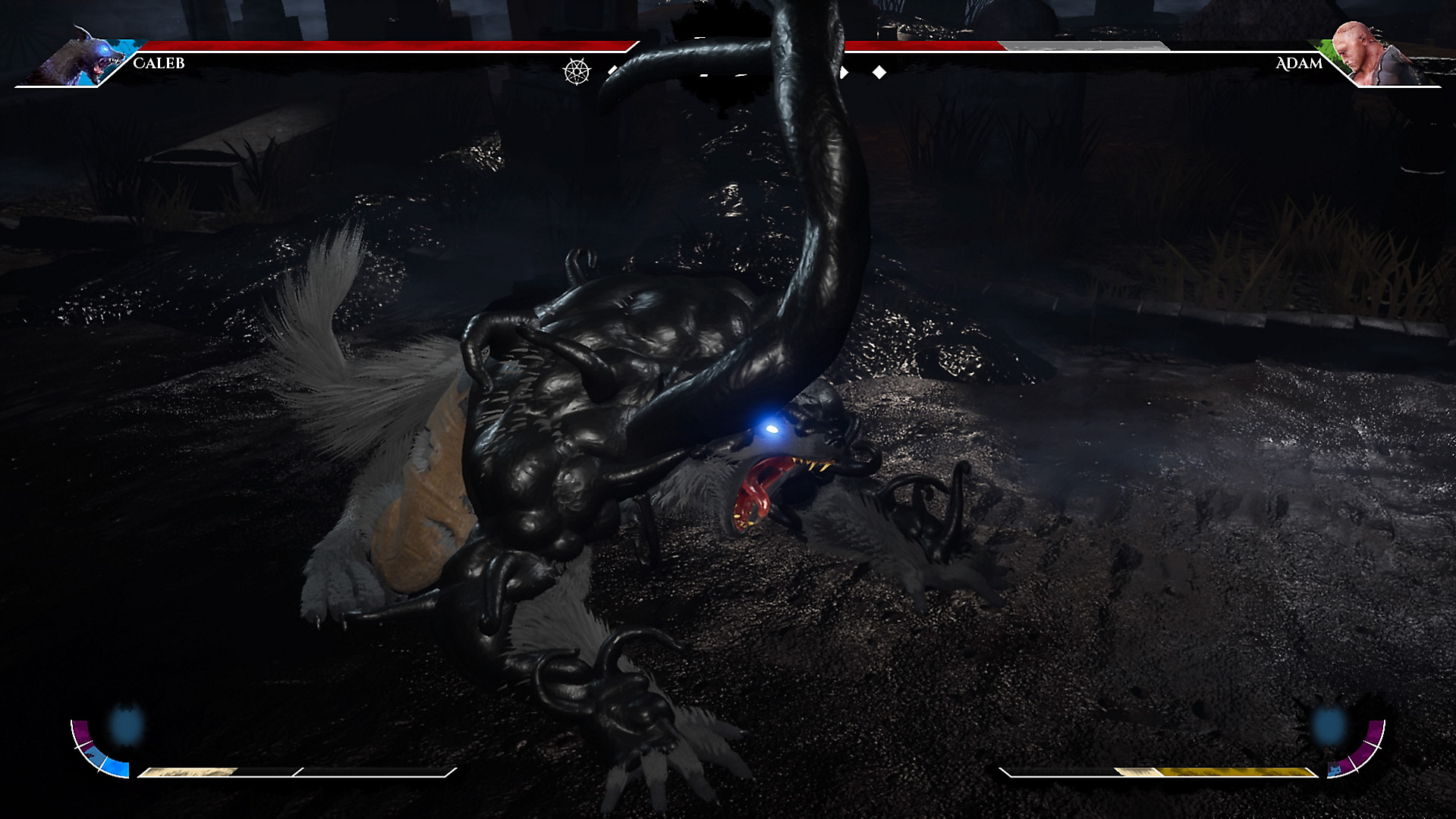
-
Omen of Sorrow Review November 2018 #13
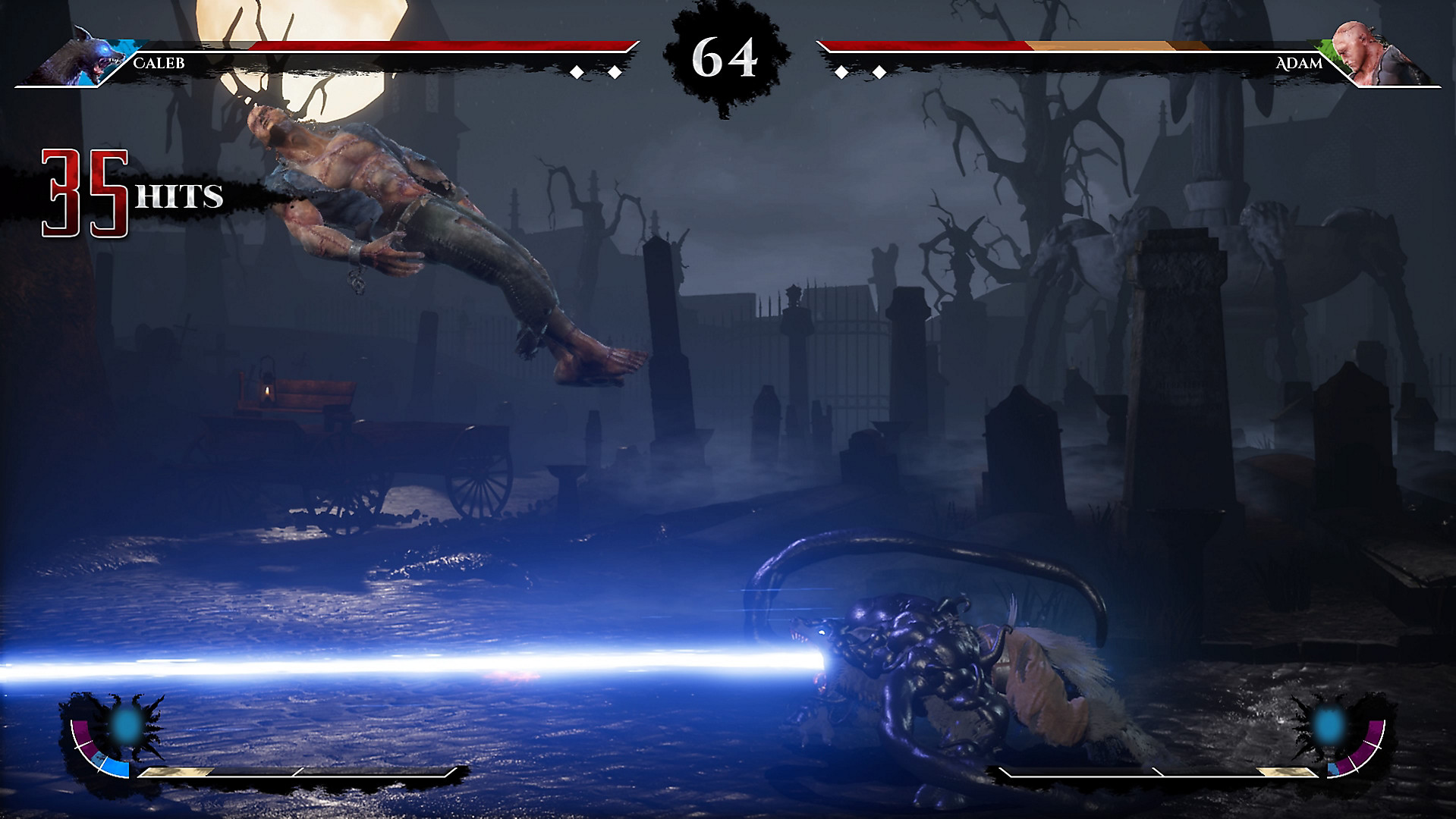
-
Omen of Sorrow Review November 2018 #14
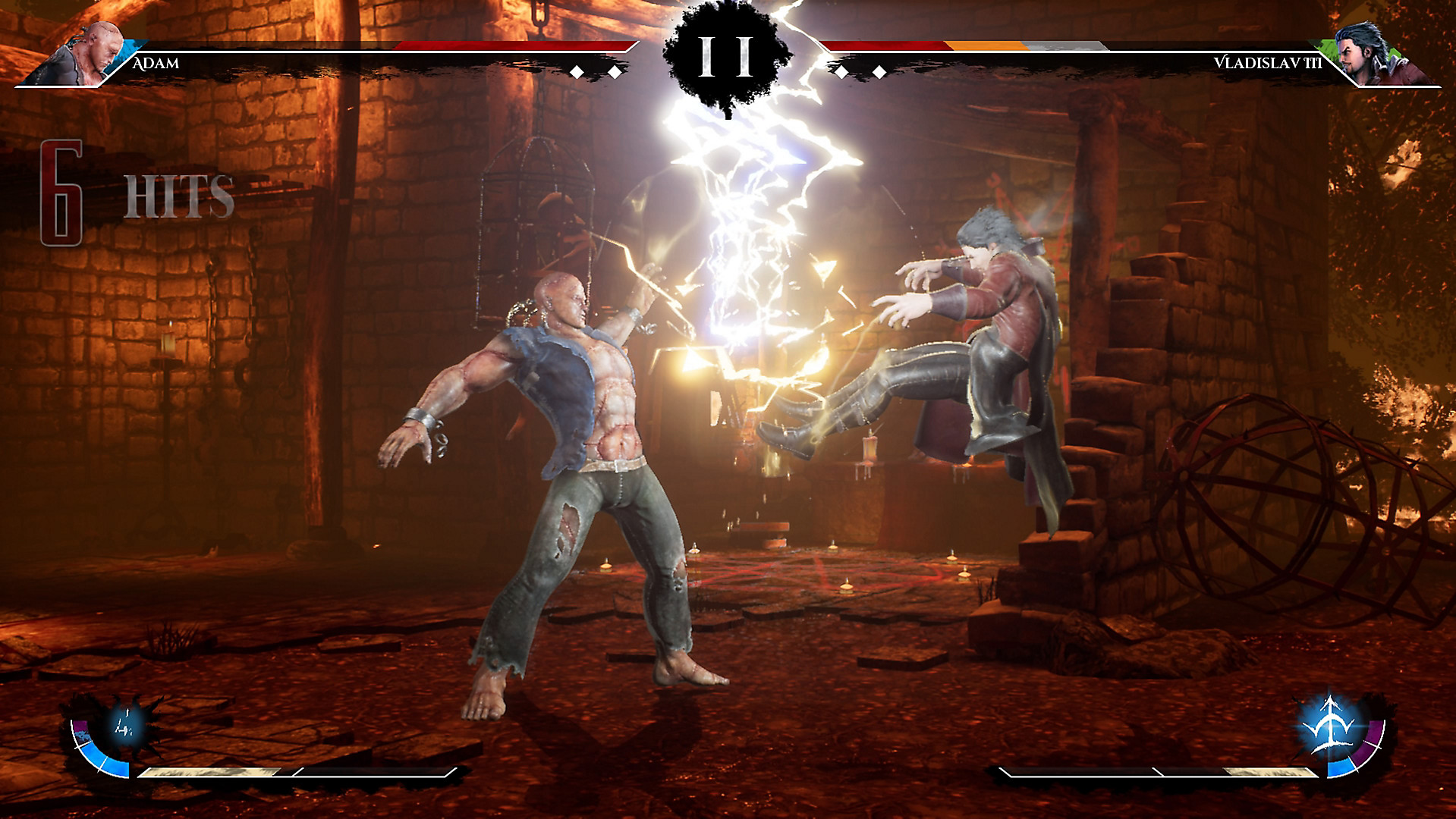
-
Omen of Sorrow Review November 2018 #15
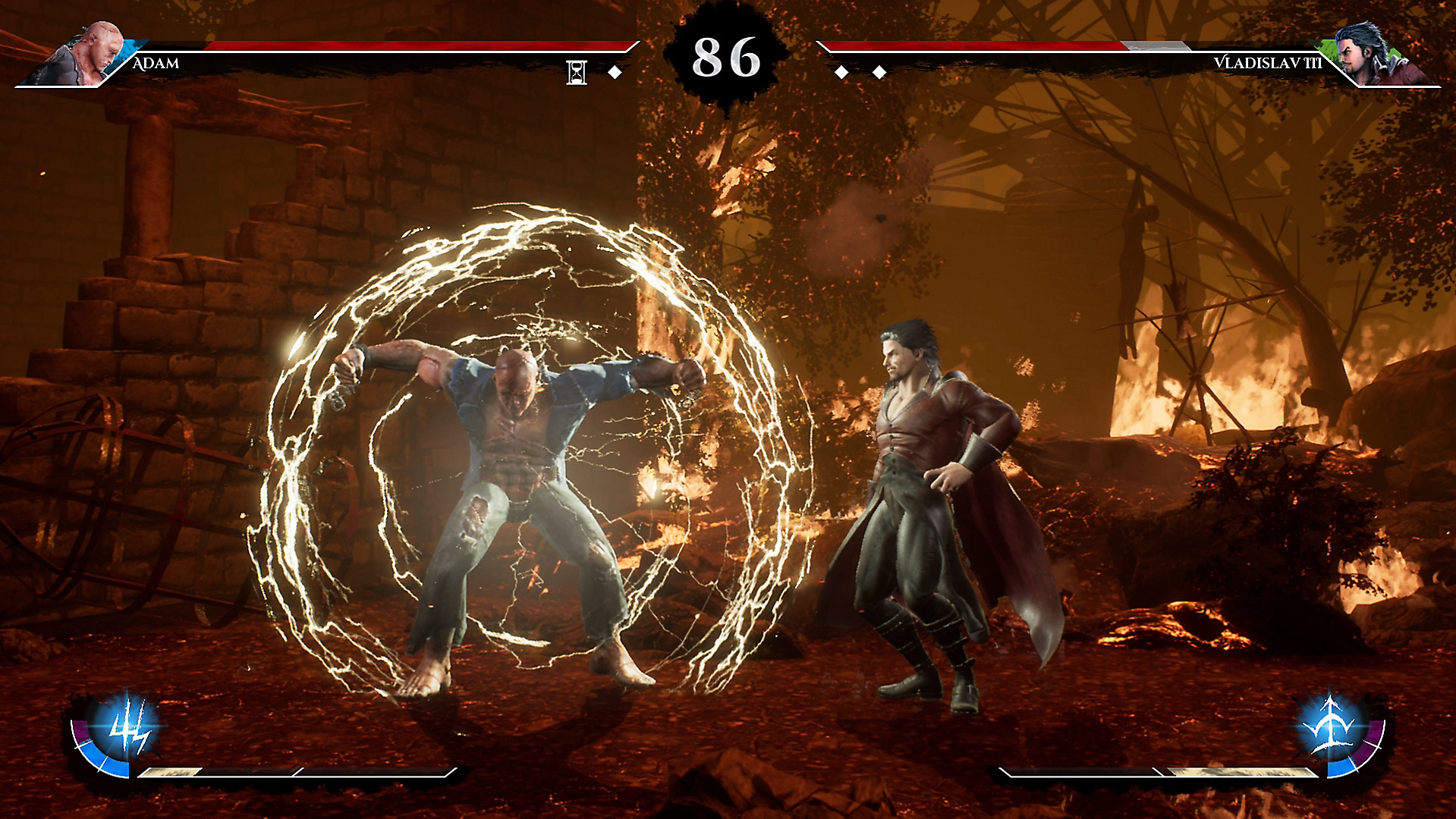
-
Omen of Sorrow Review November 2018 #16
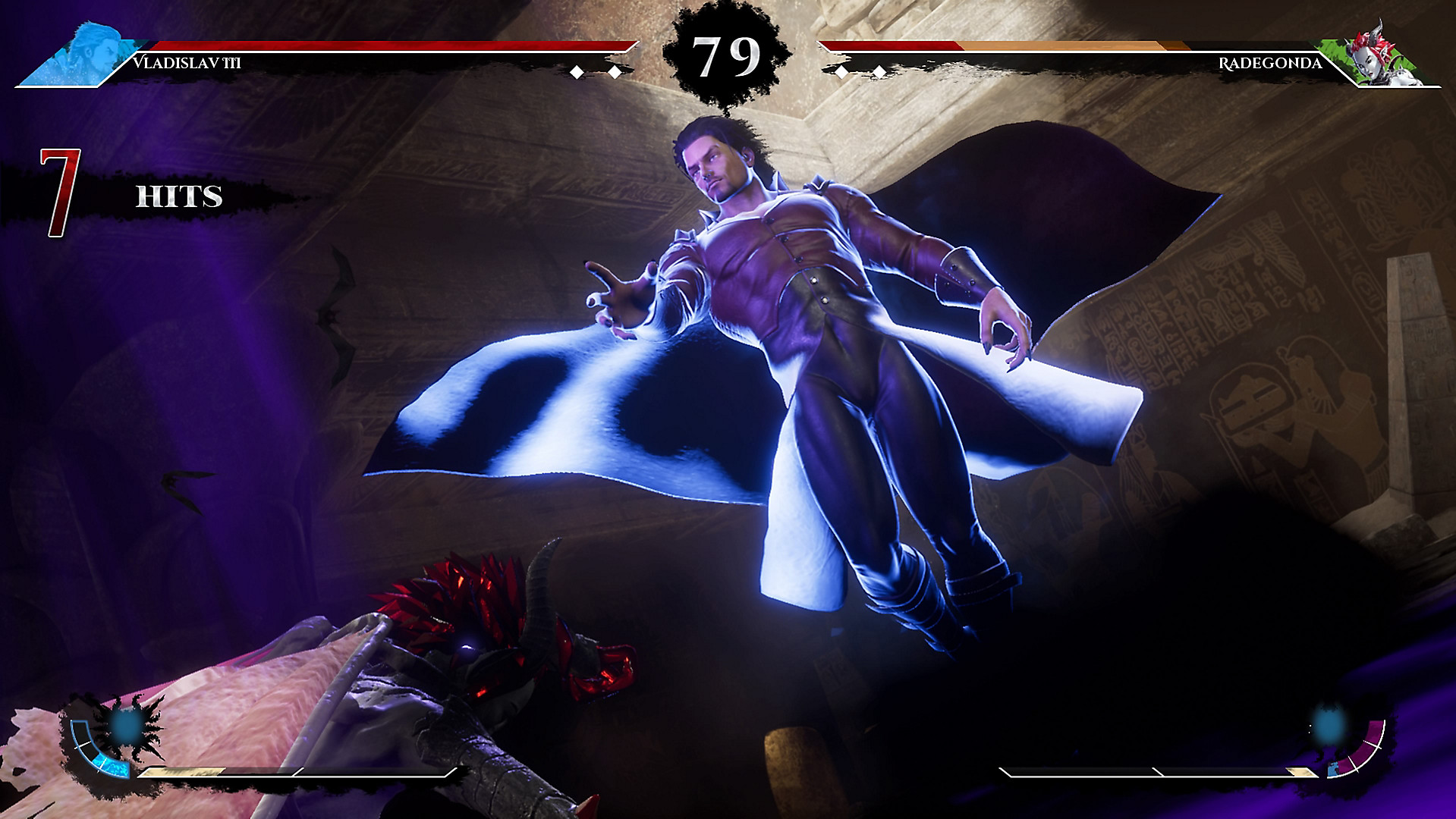
-
Omen of Sorrow Review November 2018 #17
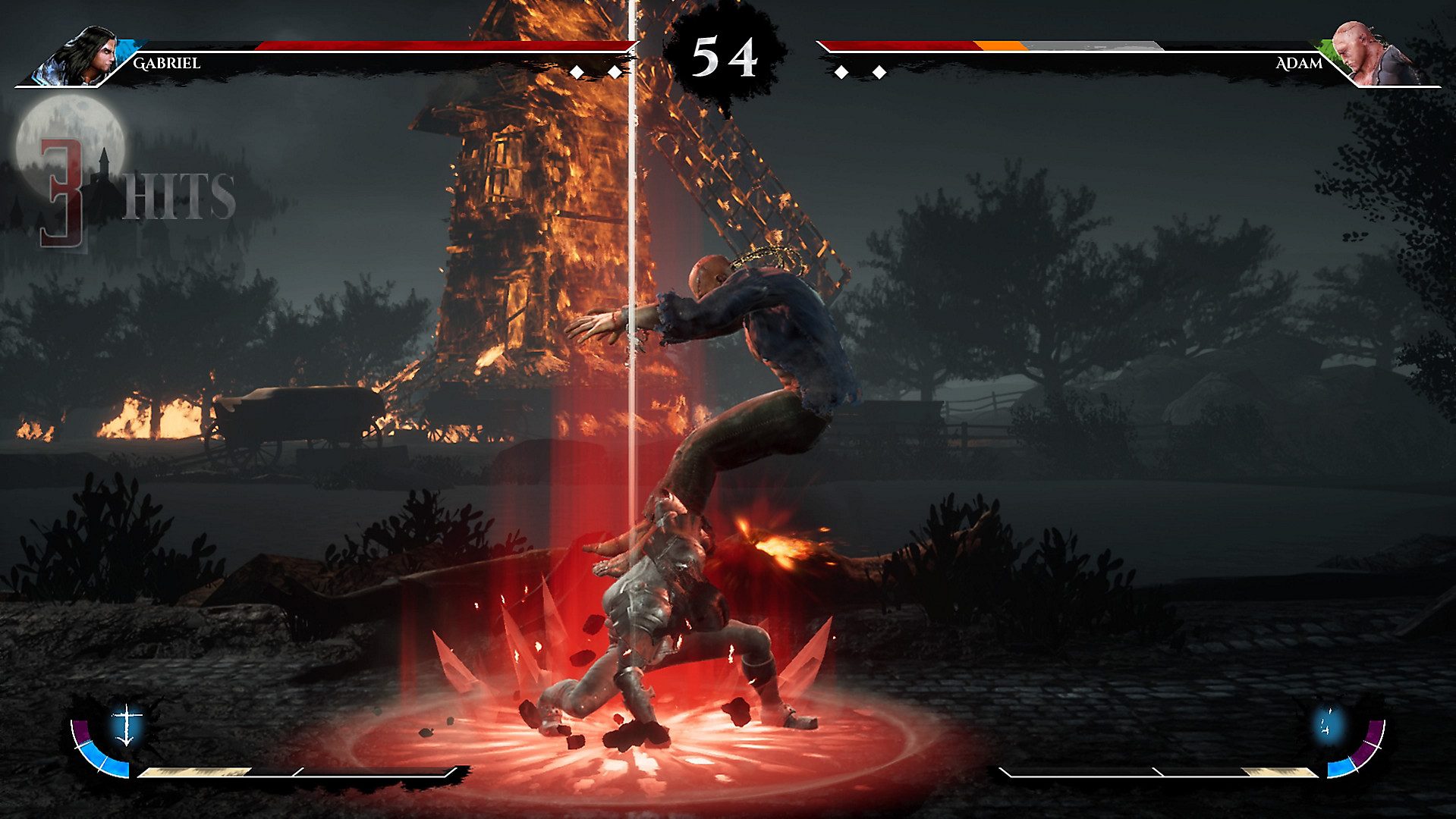
-
Omen of Sorrow Review November 2018 #18
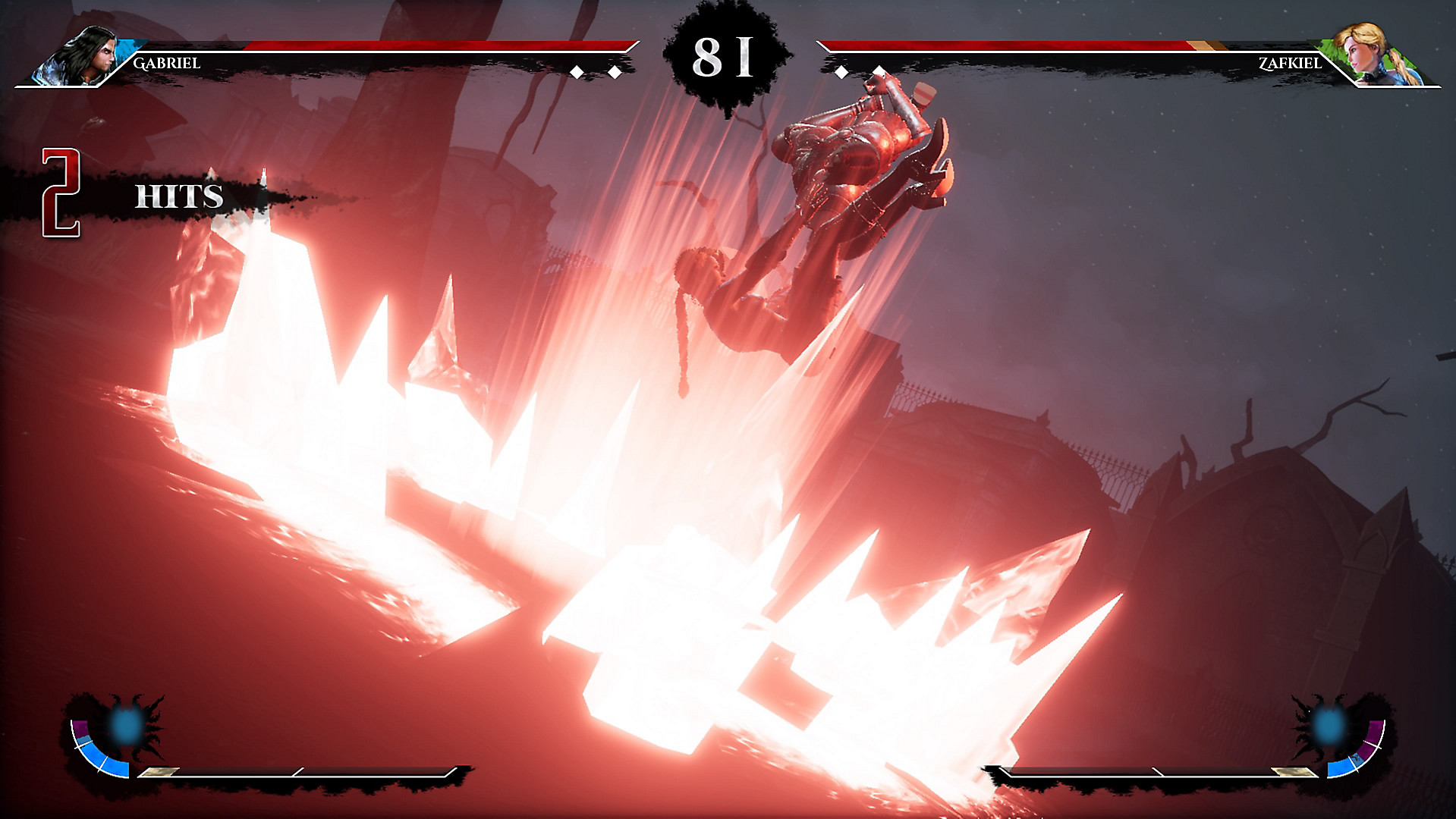
-
Omen of Sorrow Review November 2018 #19
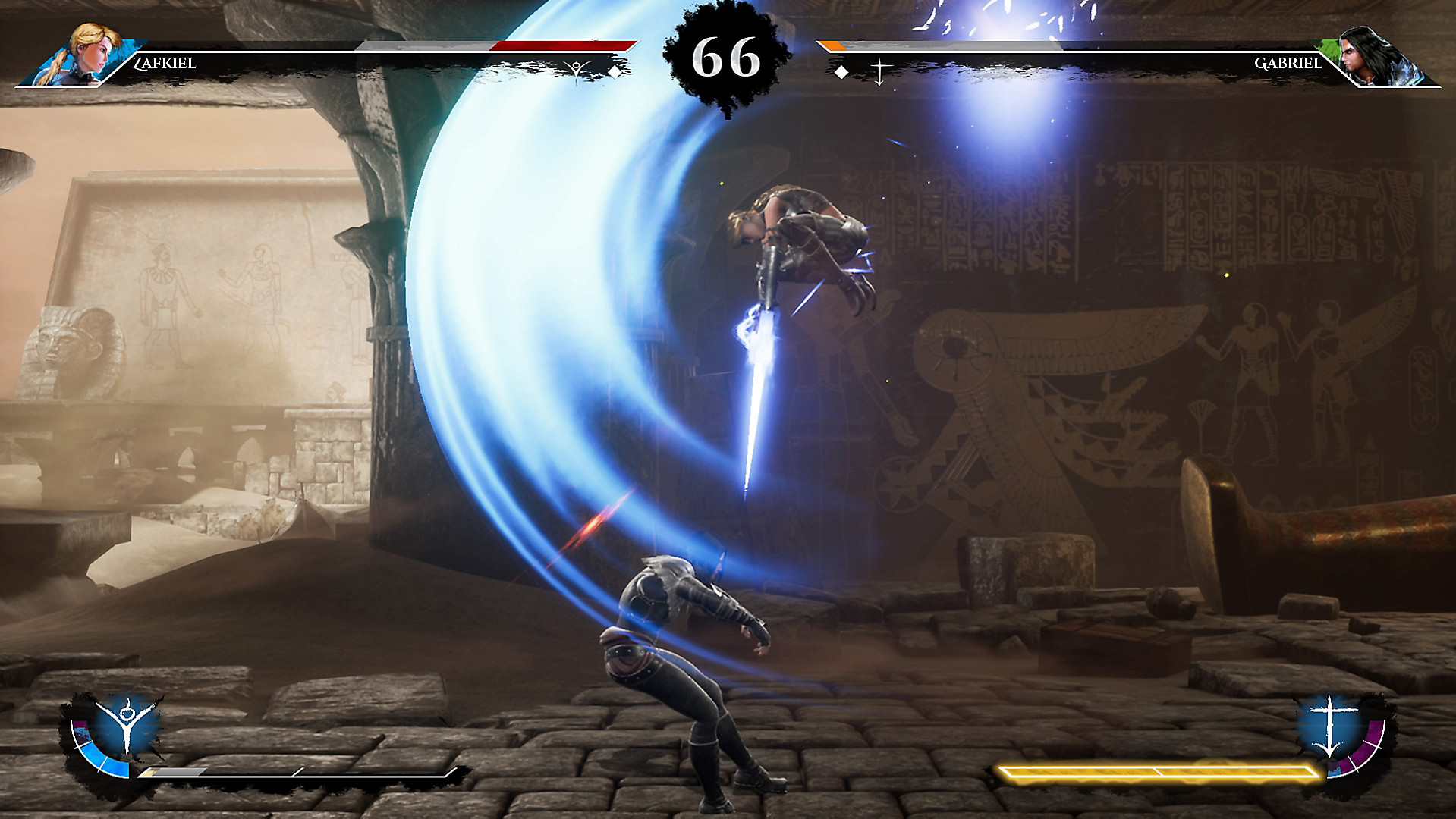
-
Omen of Sorrow Review November 2018 #20
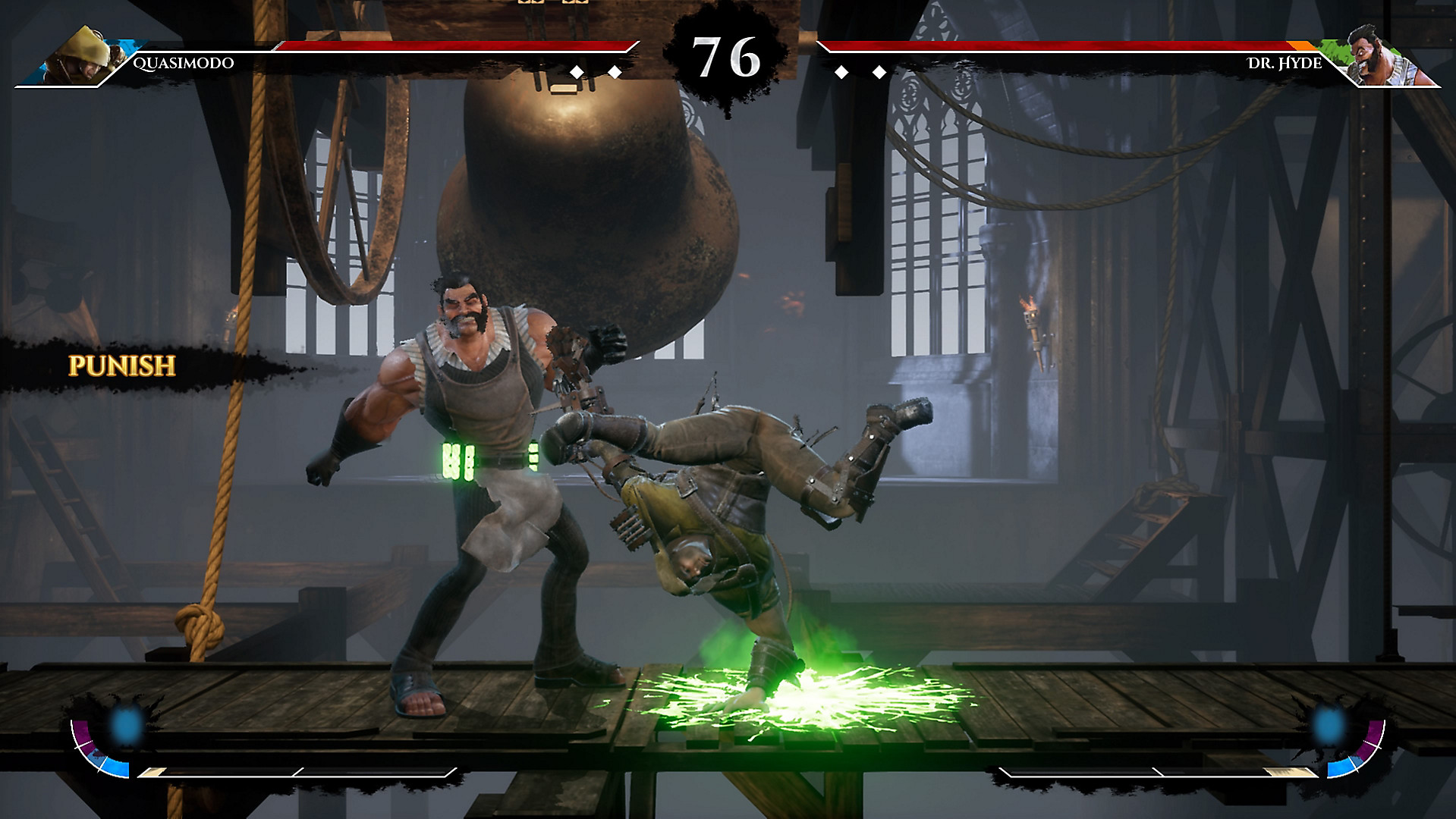
-
Omen of Sorrow Review November 2018 #21
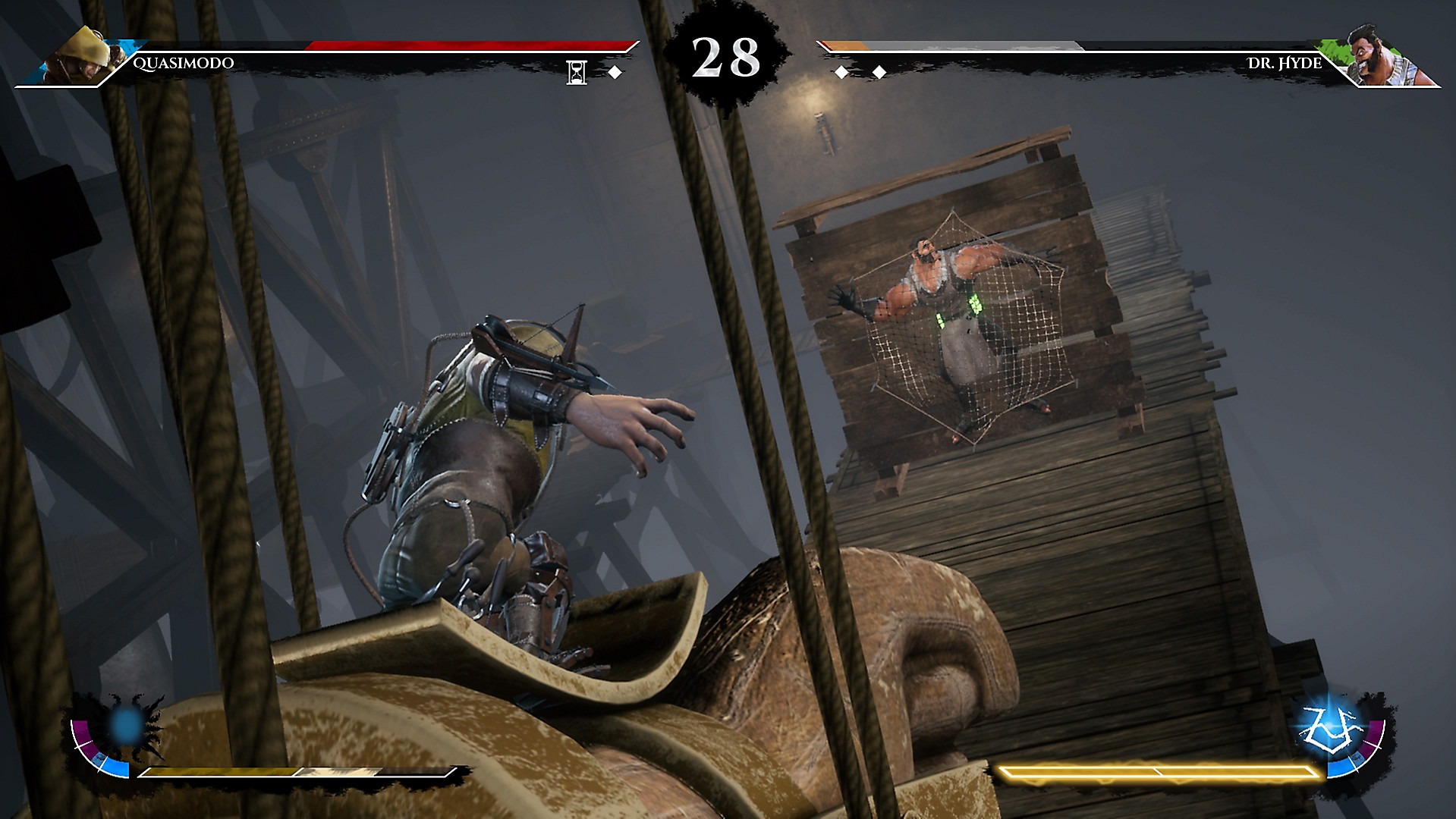
-
Omen of Sorrow Review November 2018 #22
